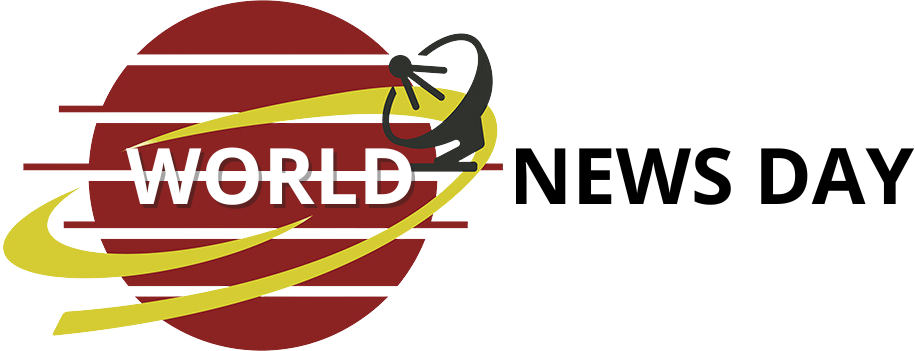Donald Trump’s attempt to gain immunity from prosecution must be shot down in the Supreme Court, a former U.S. attorney has said.
Joyce Vance wrote in a Substack post on her ‘Civil Discourse’ page that the Supreme Court “has to deny Trump’s motion to dismiss the charges, unless it wants to end democracy by giving a license to the next president to do whatever it takes to stay in power.”
Trump says he is immune from prosecution over charges he interfered in the 2020 election because the alleged offenses were committed when he was president.
Trump, the frontrunner for the 2024 GOP presidential nomination, is charged in Washington D.C. with conspiracy to defraud the United States, obstruction of and attempt to obstruct an official proceeding, conspiracy to obstruct an official proceeding and conspiracy against rights. He denies all of the charges against him and says they are politically motivated.
The Supreme Court on Friday denied a writ of certiorari from Special Counsel Jack Smith asking for it to consider the issue of Trump’s immunity. District Judge Tanya Chutkan denied the immunity request from the former president’s legal team at the start of December and the decision was taken to an appellate court.
It could now be difficult for the government to bring the case forward in time for the election, as Vance explains.
“First off, there is the timeline set by the rules of court to consider. As the Special Counsel noted in his reply brief, even if he were to win with a quick decision before the court of appeals, the default rules give Trump 45 days to seek en banc review before the full D.C. Circuit and 90 days to file for certiorari with the Supreme Court.”
The decision can be altered, according to Vance. “That’s a good sized chunk of time. Although that schedule can be altered (either direction) by the courts, there’s the prospect for considerable delay.”
After Friday’s decision, the major legal question will go through both courts as whichever side loses is likely to ask the highest court to consider the question.
The March 4 start date for the trial is therefore less realistic and there are concerns among prosecutors it will begin after the 2020 presidential election, which Trump could win and use his executive power to try to pardon himself.
Legal experts remain divided over whether Trump has the power to do this.
Vance, a former U.S. Attorney for the Northern District of Alabama, said that, for the Supreme Court to grant Trump immunity, it would have to hold that presidents are above the law. “If the Supreme Court granted Trump’s motion, what would prevent Joe Biden or any future president from doing precisely what Trump did in 2020, but with more skill—and succeeding? Nothing.”




















